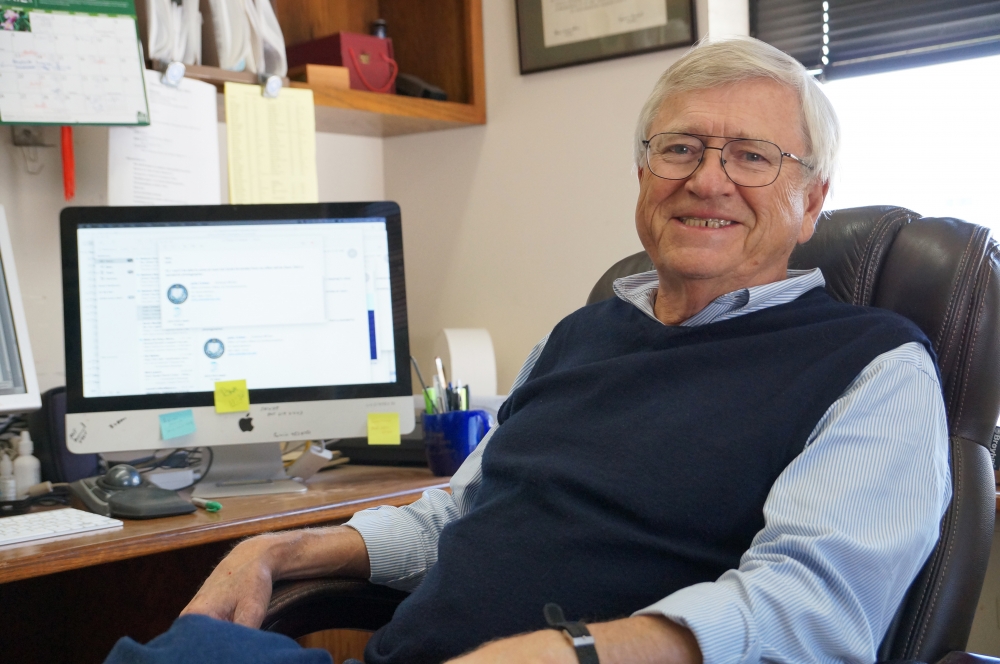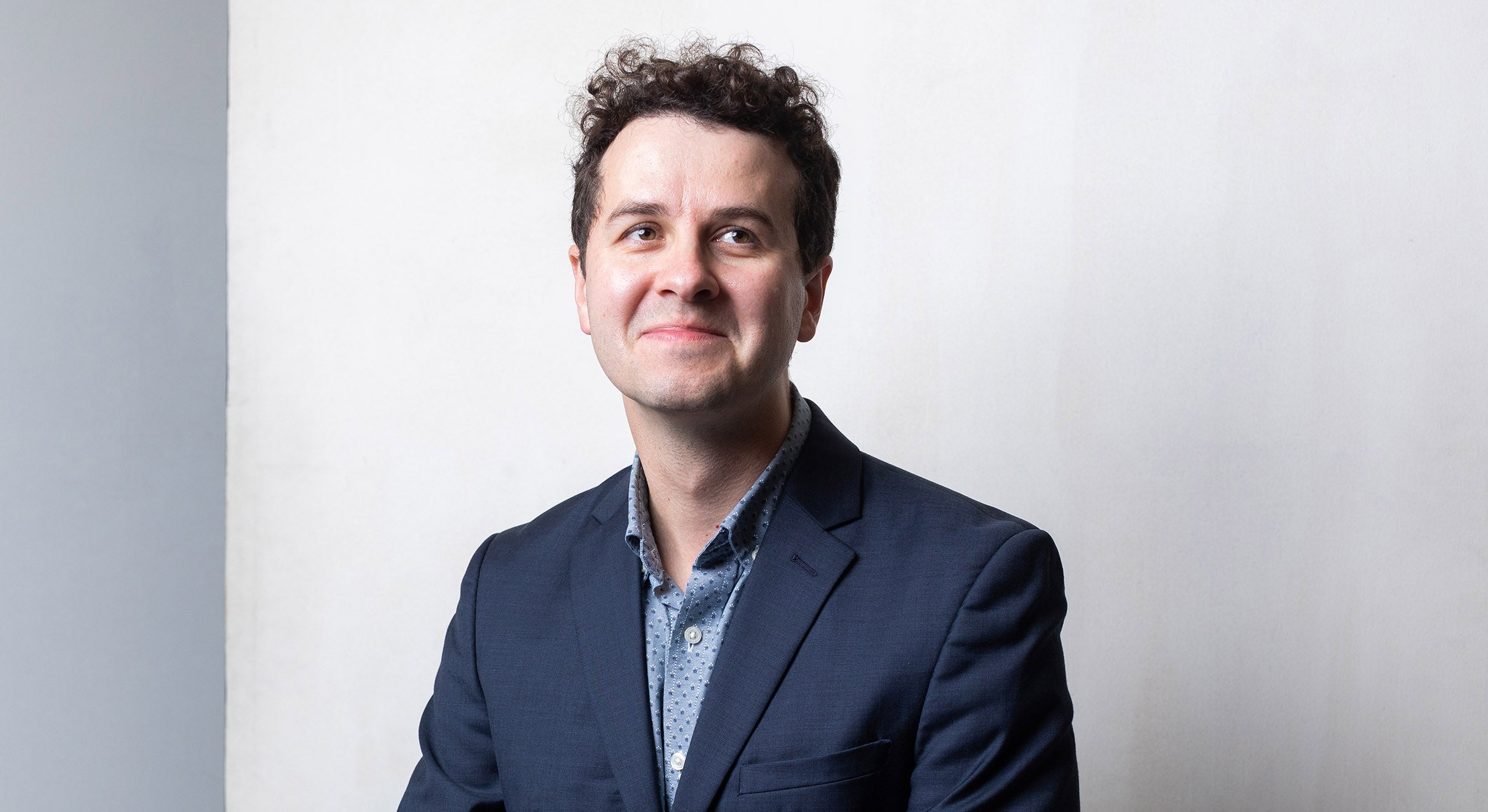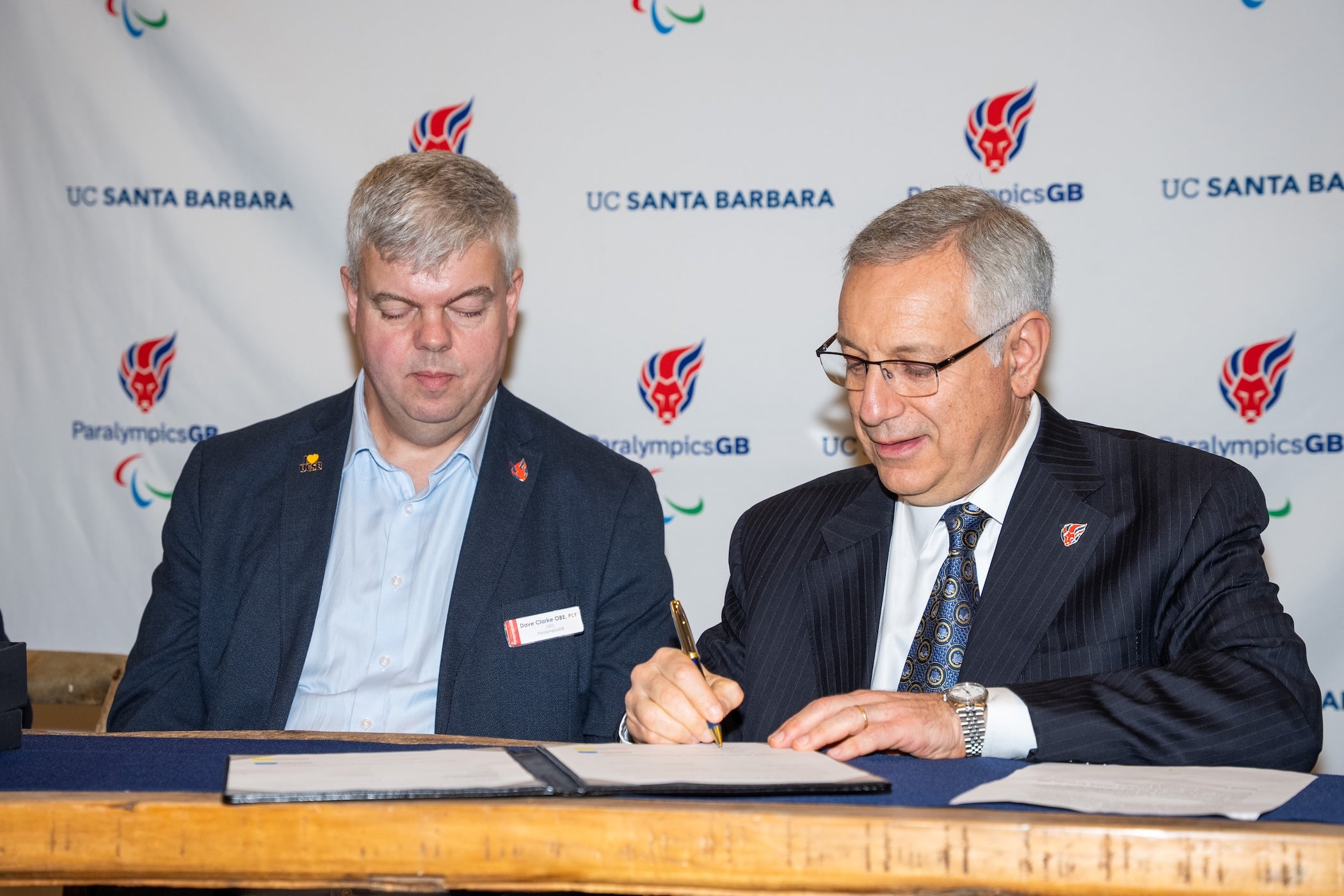
Ford Wins Royal Society of Chemistry Award
UC Santa Barbara’s Peter Ford, a professor in the Department of Chemistry and Biochemistry, has received the 2015 Royal Society of Chemistry (RSC) Inorganic Mechanisms Award for his fundamental contributions to the mechanisms of inorganic photochemistry, homogeneous catalysis and the bioinorganic chemistry of nitric oxide and related nitrogen oxide species.
RSC award winners are recognized for the originality and impact of their research as well as the quality of the results shown in publications, patents or even software. An illustrious 47 previous RSC award recipients have gone on to win Nobel Prizes for their pioneering work.
“I am greatly honored to receive the Royal Society of Chemistry Inorganic Mechanisms Award,” said Ford, who is the founding director of the multicampus National Science Foundation Center for the Sustainable Use of Renewable Feedstocks (CenSURF) headquartered at UC Santa Barbara. “The RSC is one of the foremost scientific societies in the world, and this award is especially meaningful since it recognizes the collective research achievements of the graduate students, postdoctoral fellows and other colleagues with whom I’ve collaborated here at UCSB.”
Ford’s research has encompassed numerous topics related to quantitative photochemistry, catalysis and transition metal complex reaction mechanisms. His research group focuses on three major areas: the quantitative reactions of coordinated nitrogen oxides relevant to mammalian biology; the photochemical delivery of small molecule bioregulatory molecules to physiological targets; and the catalytic conversion of biomass feedstocks to chemicals and fuels.
Ford earned his Ph.D. in physical organic chemistry at Yale University and held a postdoctoral fellowship at Stanford University before joining the faculty in 1967. His work has appeared in more than 400 publications and he holds six patents.
In addition, Ford has served as a visiting fellow at the Australian National University, a guest professor at the University of Copenhagen, a Humboldt Research Award senior scientist at the University of Regensburg and at the University of Münster, and a guest investigator at the National Cancer Institute.
His many honors and awards include the 2013 American Chemical Society National Award for Distinguished Service in the Advancement of Inorganic Chemistry, the 2008 Inter-American Photochemical Society Award in Photochemistry and the 1992 Richard C. Tolman Medal of the American Chemical Society. Ford is also a fellow of the American Association for the Advancement of Science.
“In a complex and changing world, chemistry and the chemical sciences are vital in responding to some of humanity’s biggest challenges and our prize and award winners are at the forefront of meeting that challenge,” said RSC Chief Executive Officer Robert Parker.



